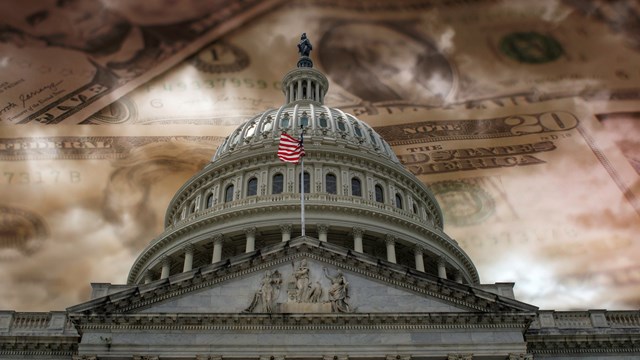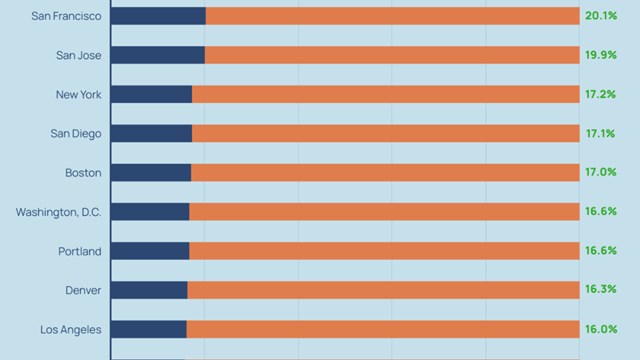
Bloomberg Quint reports that another blow may be heading toward the high-end real estate market, in the form of a revived effort by state lawmakers to impose a tax on second-home purchases of $5 million or more. This tax follows the recently increased 'mansion tax' (part of a legislative compromise to address opposition to the original version of the proposal) and the elimination of anonymous real estate purchases through LLCs (which was lawmakers’ response to the illegal conversion spree happening in places like Rockland County)—a legislative trifecta that attempts to improve transparency and exact funding for the state’s needed services from the people who park their money in New York properties.
Perhaps not surprisingly, high-end developers and clients -- as well as their lawyers, appraisers, and brokers -- oppose the idea on the grounds that there is already a glut of luxury condos with no buyers, with thousands more in the development pipeline. To this corner of the market, the new tax “would further dent demand in the already struggling luxury real estate market,” according to Bloomberg. “And [in this environment,] would the city really want to discourage pied-à-terre owners from coming to New York?” asks William Zeckendorf, developer of such billionaire addresses as 520 Park Ave. and 15 Central Park West.
Whether the tax will actually deter multimillion-dollar purchases of second (or third, or fourth) homes is debatable. According to James Parrott, the economist who wrote the report that spurred State Senator Brad Hoylman to first push for the pied-à-terre tax back in 2014, a course correction might be just what the city’s real estate market needs. “The way a market economy adjusts to something like this is that the prices come down, and in the future, high-end developers will be more circumspect in what they build,” Parrott suggests.
But to Donna Olshan, president of luxury brokerage Olshan Realty Inc., wealthy clients like hers aren’t going to invest in a depreciating asset. As she tells Bloomberg, “The notion that they’re just going to spend money because they want something and not consider the consequences or the risk is ridiculous.”






Comments
Leave a Comment